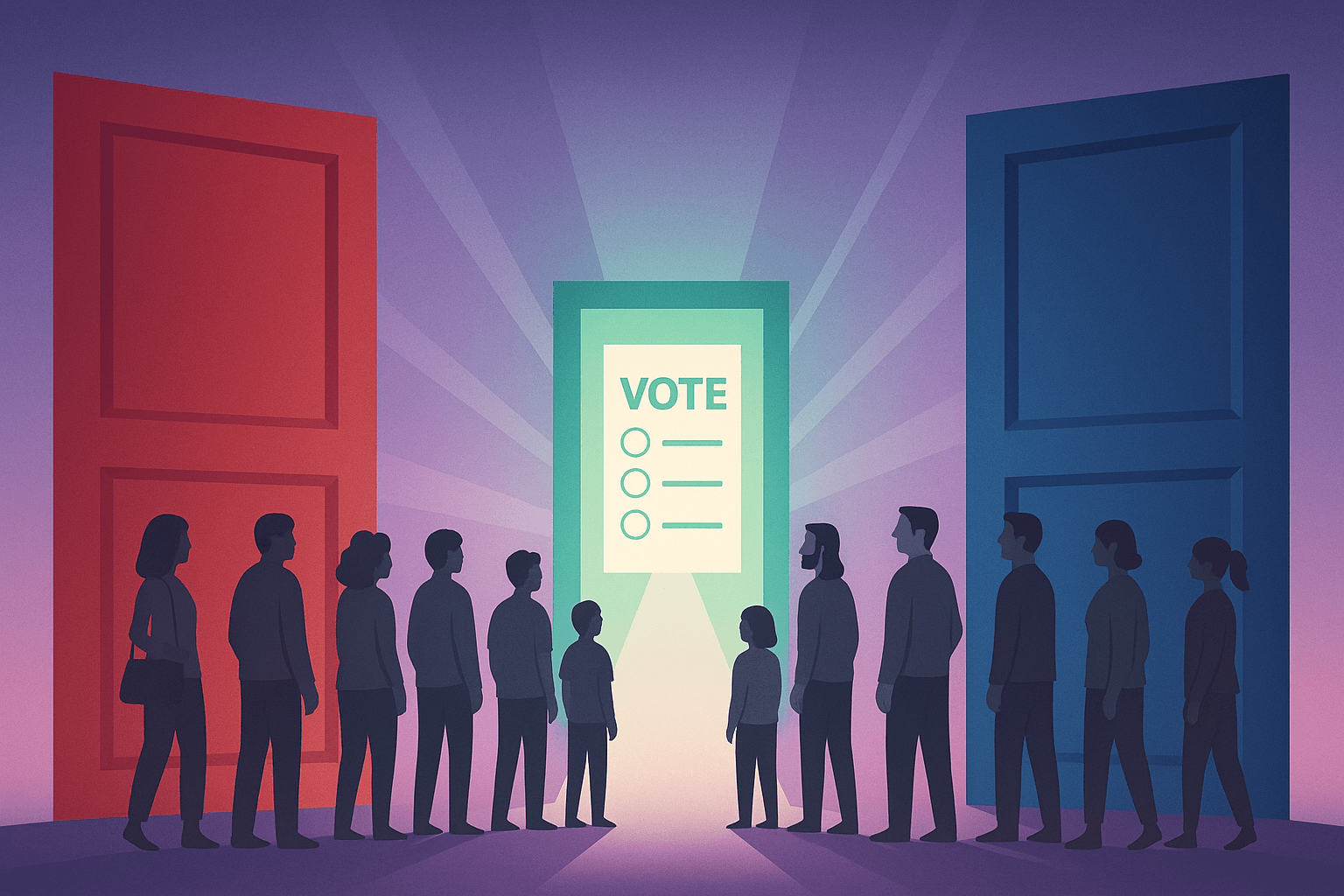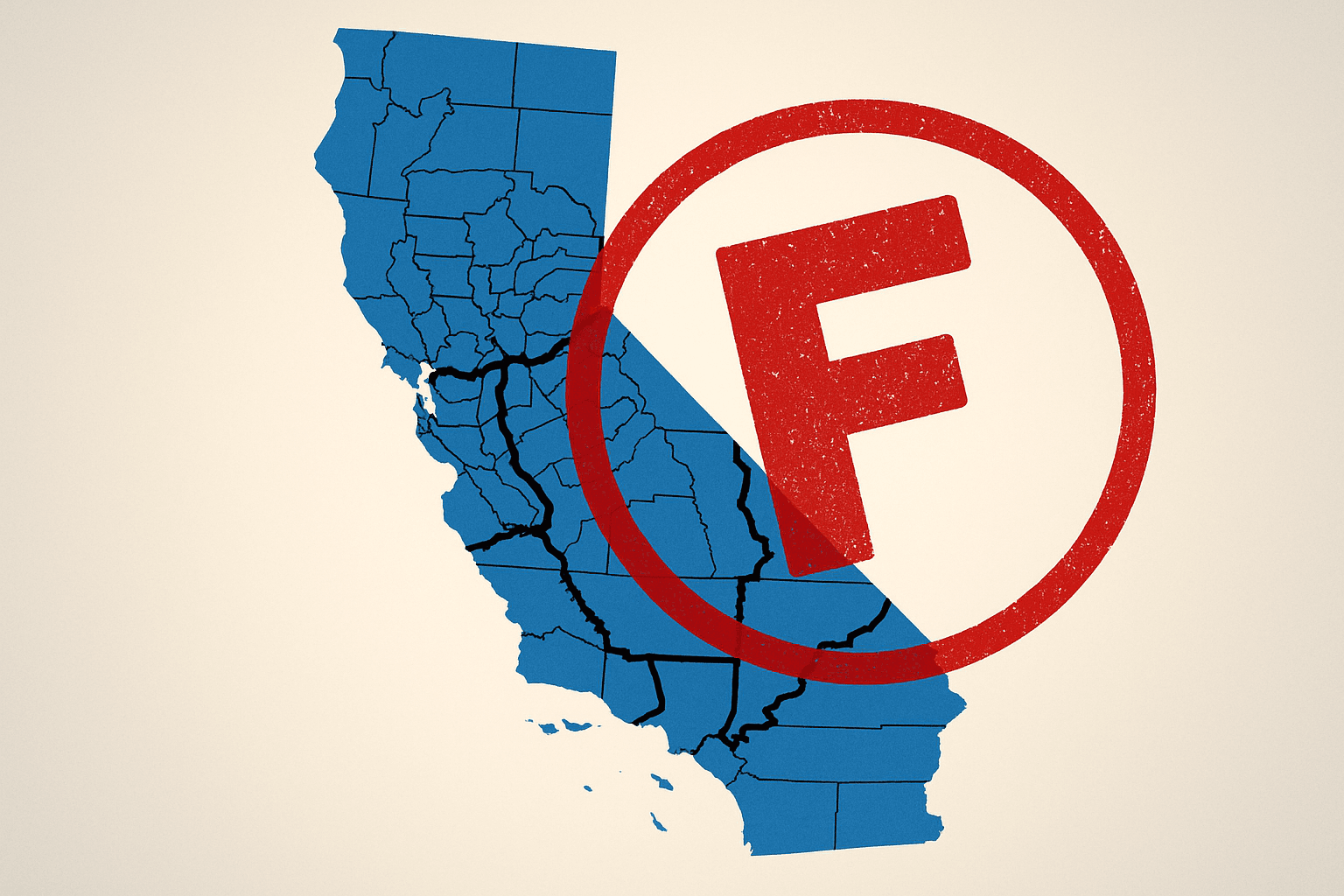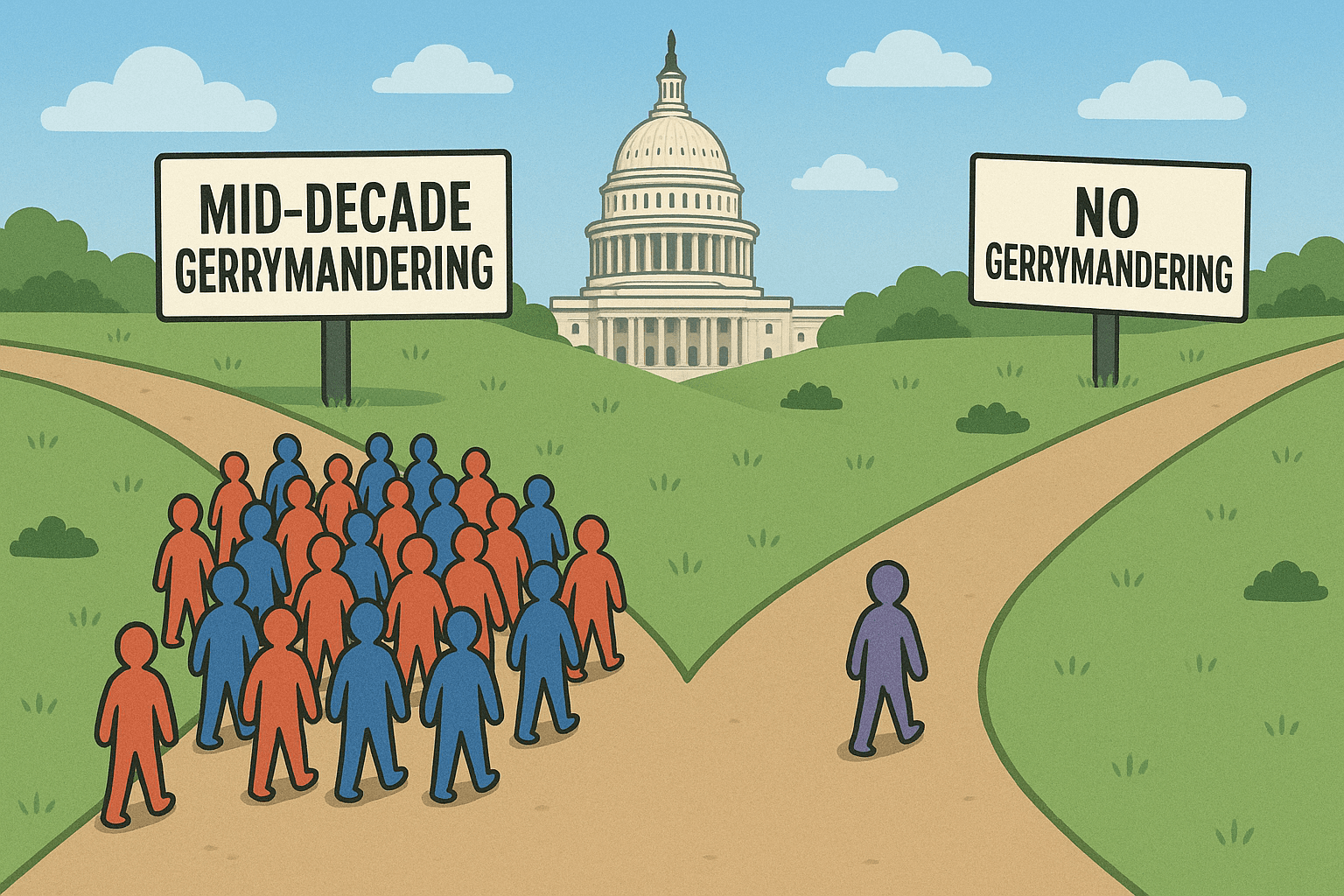Medicare currently on unsustainable financial path

Today’s Medicare beneficiaries are receiving far more in health care benefits than they contributed to the program through their payroll taxes, and current contributions are insufficient to sustain the program in the long-term according to the Urban Institute (UI), a DC-based think tank.
While UI periodically analyzes the financial health of the Medicare program, the latest data is driving renewed calls for changes to the system. For example, an average two-earner couple retiring in 2011 and making $89,000 annually during their careers has paid $114,000 in Medicare payroll taxes. This same couple can expect to receive health care services worth over $355,000, three times the amount of money they put into the program. With millions of baby boomers set to begin retiring in 2011, the massive financing gap will only intensify.
The two main factors driving this financing gap are the astronomical rise in health care costs over the past few decades, as well as insufficient financing by current and future Medicare beneficiaries. Spending on health care due to the rising costs is eight times higher today as compared to 1980 and now makes up 17.3 percent of the nation’s gross domestic product (GDP). A single woman who retired in 1980 for example could expect to receive medical care thru Medicare worth about $74,800 for the remainder of her life. That same woman retiring in 2010 can expect services worth $181,000 through Medicare during the remainder of her life (numbers adjusted for inflation).
Moreover, the Medicare program is simply not taking in enough dollars to cover its costs. Current workers’ payroll taxes are earmarked for Medicare’s trust fund that pays for inpatient care. Outpatient doctor visits and prescription drugs are paid for by health insurance premiums collected by current beneficiaries and some of the trust fund. Contributions by both groups are insufficient to cover the entire cost of the Medicare trust fund, outpatient care and the prescription drug plan. In fact, today’s seniors only pay for one-fourth of the outpatient and prescription drug costs through their current premiums.
Further exasperating the problem is the cost of the Medicare Advantage (MA) program – the private insurance alternative offered to seniors to opt-out of traditional fee-for-service Medicare – and the number of seniors enrolling in these private MA plans. These private health insurance MA plans cost Medicare on average 12 percent more per beneficiary than those enrolled in the traditional Medicare. Moreover, the monthly insurance premiums for the private MA plans are lower than Medicare’s traditional fee-for-service plans, averaging only $48 per month. As such, seniors enrolling in MA plans have increased from 13 to 25 percent of all Medicare beneficiaries during the past seven years. Traditional Medicare fee-for-service premiums, on the other hand, are income-weighted and cost anywhere from $95 to $309 per month.
The Urban Institute is offering an array of recommendations to address the Medicare financing issue including considering creating a “level-playing field” between private MA plans and traditional Medicare, developing policy options to reduce the number of patients with multiple chronic conditions (diabetes, hypertension, heart disease, etc.), as well as health care cost containment. The question remains is if Congress has the political will to enact the needed changes to ensure the long-term stability of Medicare.
For more of the recommendations made by UI, go here.




